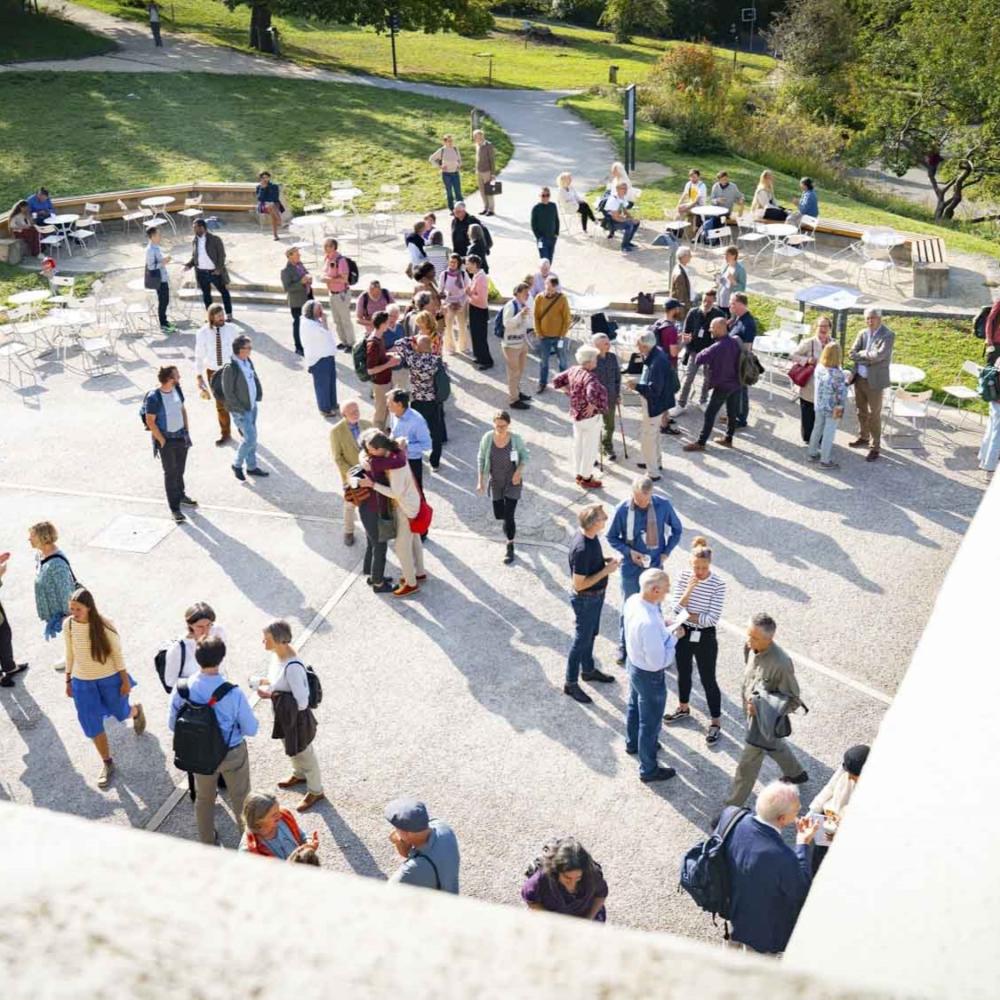Discover the Future
The will is a very mysterious human faculty. Three thousand years of history in philosophy and psychology show that it was an unknown phenomenon for a long time.
Even at the height of Greek culture, there was no doctrine of the human will. Aristotle was the first to formulate something anticipating what would later become a fully developed theory of the will. The discovery of human will is indeed a phenomenon of the recent past. And the debate about whether “free will” exists continues to this day, although an “unfree will” would be a contradiction in terms, as Hannah Arendt pointed out.
The “recent past” includes philosophers such as Immanuel Kant, who linked the absolute value of the human being to the autonomy of the will. The world is essentially mine, Hegel wrote, when I have conceptually made it my own—but it is only through the will that I imprint the trace of my own spirit on this my world. Friedrich Schiller then went so far as to state that there is no “power” in the human being other than the will. All other beings “must”—humans are the beings who have volition. Schiller also emphasised that the will makes a person great or small—depending on the form and objective of their volitional activity. In a certain respect, this discovery of the will is linked to the discovery of the future. The will is an organ for the future—a future that is essentially new and unpredictable.
Living the Unlived Life
Part of the anthropology of the will is that it goes beyond our boundaries, not only temporally but also physically. Pelé (Edson Arantes do Nascimento) would never have kicked the ball to the right spot if he had not had unconscious or superconscious knowledge—not only of the ball’s target but also of the laws of the environment that he used to get the ball to its target. Rudolf Steiner describes this as a basic characteristic of the will: it is immanent to the environment, it integrates itself into the environment. It is a tactile organ for what is beyond me. It reaches beyond me, beyond my physical existence in space and time. And it harbours a restlessness, a tense restlessness—instead of the calm of the thinking (but not volitional) spirit.
This excerpt comes from an article originally published in the (online exclusive) English Edition of the weekly Newsletter ‹Das Goetheanum›. You can read the full article on the website of ‹Das Goetheanum›.
Title image Goetheanum World Conference 2023, Photo: Xue Li

